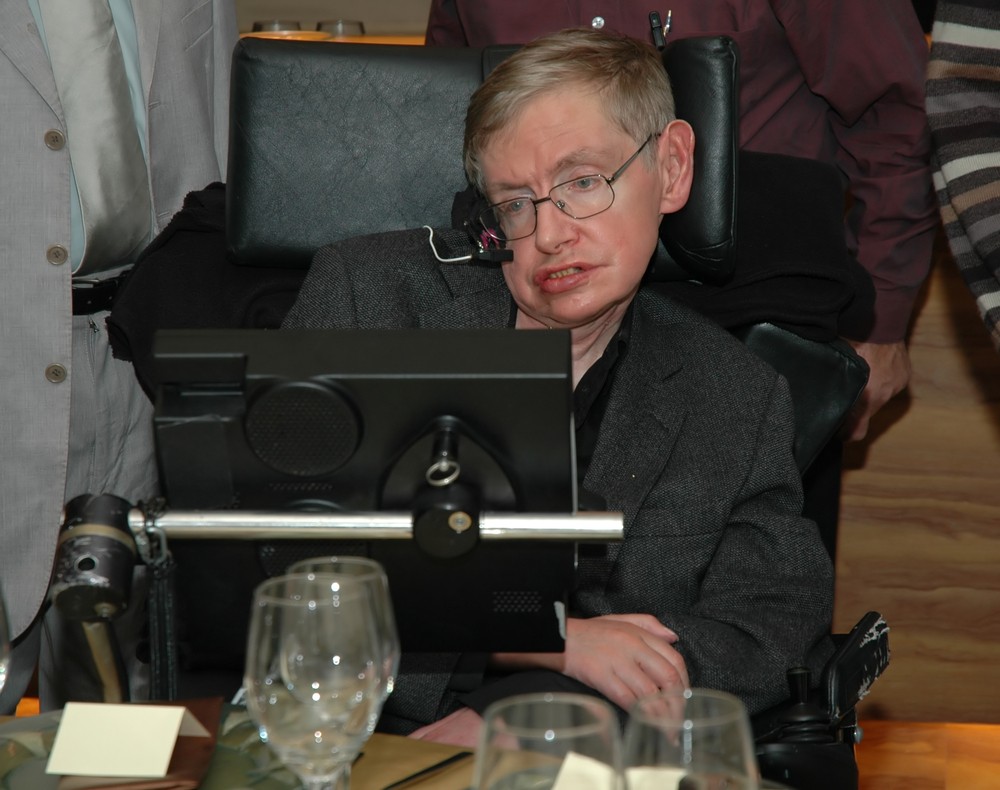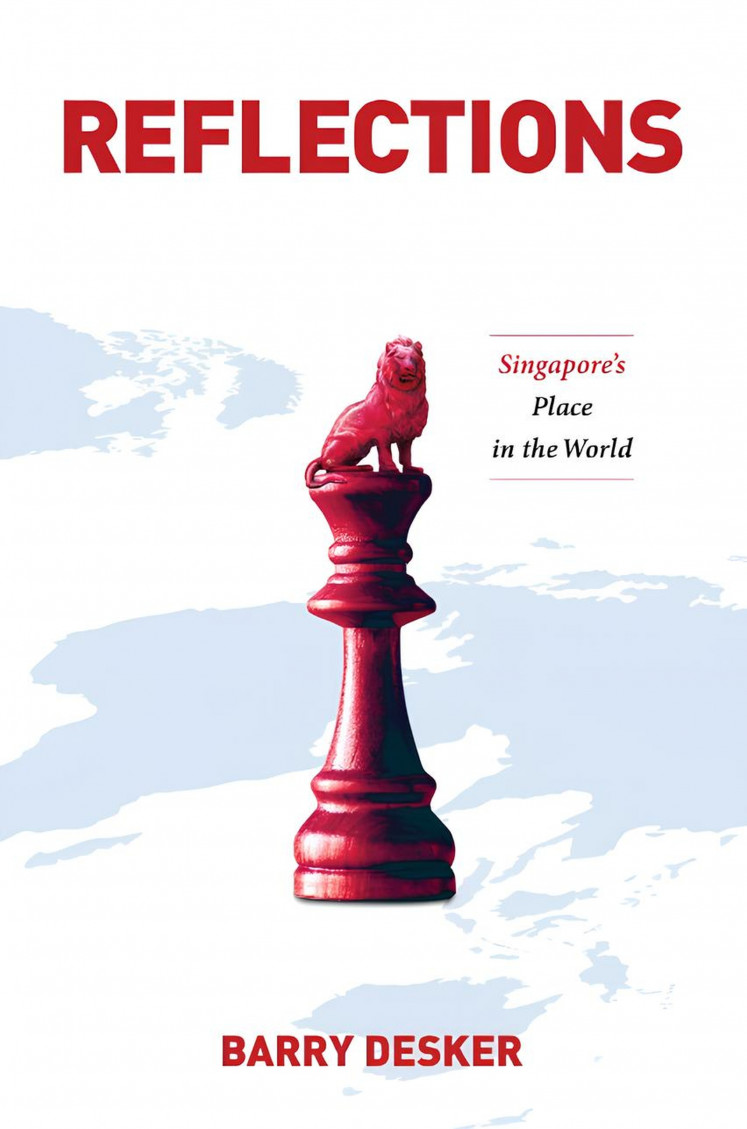Popular Reads
Top Results
Can't find what you're looking for?
View all search resultsPopular Reads
Top Results
Can't find what you're looking for?
View all search resultsToday's 10 most influential scientists and their discoveries
Change text size
Gift Premium Articles
to Anyone
S
ince the rise of Albert Einstein and Charles Darwin, many scientists have made significant contributions to the world of science, with discoveries considered important for the existence of the human race and the future.
Below are those we found have contributed the most to mankind.
Stephen Hawking
Despite being diagnosed with a form of motor neuron disease and having spent much of his life communicating through a computerized voice system, Stephen Hawking has contributed the most important breakthroughs in science after Einstein.
Thanks to his discovery of basic laws that govern the universe, we now understand that black holes are not always black and full of radiation, and the universe has no edges and there are no boundaries in imaginary time.
(Read also: Stephen Hawking joins bid to seek life with tiny spacecraft)
Tim Berners-Lee
We wouldn’t live in the world as we know it if not for Tim Berners-Lee. In 1989, he invented the World Wide Web as a space for documents, hypertext links and other web resources identified by URLs.
Richard Dawkins
With a reputation as a famous atheist and his strong opposition toward religion, Richard Dawkins, an English biologist, developed views about gene reformulation through his book The Selfish Gene (1976).
In the book, he explains that every organism’s adaptation to its surroundings happens at a genetic level and that the living body is a survival machine for its genes.
Jane Goodall
Jane Goodall is a primatologist who has gained deep insights into chimpanzees and their relationship with humans through her ongoing chimp research project in Gombe National Park, which began in 1960.
She is well known for her long-term studies of wild chimpanzees in Tanzania.
Alan Guth
As a physicist and cosmologist, Alan Guth redefined our understanding of the Big Bang by developing a theory that the universe went through an inflation in the split-second after the Big Bang, driven by the vacuum of empty space.
He also introduced the concept of the multiverse.
James Watson
Together with Francis Crick, James Watson facilitated a tremendous scientific revolution with the discovery of DNA structure and its significance in transferring information in living material. Through the discovery, both Watson and Crick, along with Maurice Wilkins, were awarded a Nobel Prize in Physiology or Medicine in 1962.
(Read also: Einstein's right again: Scientists detect ripples in gravity)
Michio Kaku
Michio Kaku was fascinated with Einstein’s unfinished work of the “theory of everything” and cofound the string theory using mathematics of fields, which explains that multiple universes and dimensions do exist beyond our understanding. Through his theory, it is believed that time-traveling will one day become possible.
Elon Musk
This man founded two important tech companies in the 21st century, Tesla and SpaceX, which have made big contributions to the future of human life. The public can now access fully electric vehicles through Tesla, which could replace the use of fossil fuels that are destroying the planet, while SpaceX produces advanced rockets that could take people to other planets.
(Read also: SpaceX aims to send 'Red Dragon' capsule to Mars in 2018)
Luc Montagnier
Virologists Luc Montagnier and Françoise Barré-Sinoussi discovered the human immunodeficiency virus that causes AIDS. Montagnier’s ongoing research has shifted to find a cure for the viral disease. In 1994, he published a book titled The Virus and Man, explaining how AIDS has transformed scientific orientation.
Donald Knuth
Donald Knuth made important discoveries with his analysis of the computational complexity of algorithms and developed systematized formal mathematical techniques for them.
He developed the IBM 650 computer system and also designed programming language through his book series The Art of Computer Programming, which has become the bible of computer programming. (kes)











